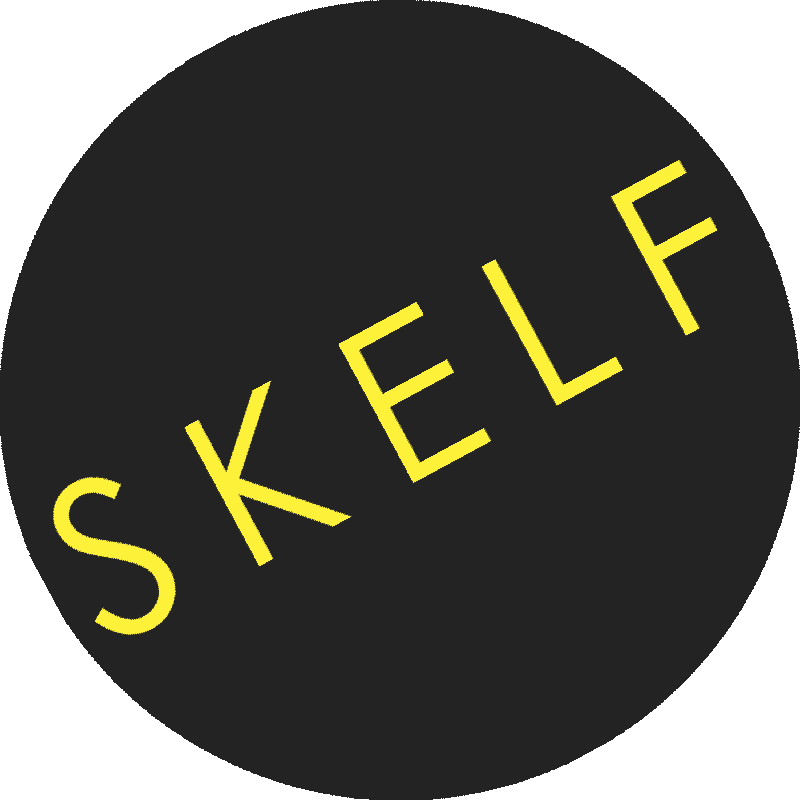If I were to go to a dinner party, I would be enchanted. It would be full of triviality, the unimportant and empty object.1
According to Nabakov, when Proust met Joyce they had a non-fight: an empty space, about air.
Proust wanted the window of the cab closed, Joyce wanted it open. But this motion drew air in- ushered air out- in play of a partial vacuum- so neither said a word.2
According to others, Proust and Joyce spoke. They spoke about their illnesses for ages. They hadn’t read the other’s tome. In the other’s head the other was a lack - each situated in the present, in this chat, one stretched forward and one stretched back.3.
Having not read the other’s work, neither knew this. So for Proust there was no future (he died six weeks after this meeting) and for Joyce there was no past.
But both had sickness, both had naming, and this sickness filled Space. This sickness gave a name to an emptiness between them- it projected.
And then neither anecdote might be true. Less likely the first. It’s full of an empty promise
and in that it suggests possibilities and future- it is archival but lacking archival qualities.
So if I were to go a dinner party, it would have emptiness- bowls piled up as an end fossil, half empty glasses because whose are half full, really, certainly not the millennials, empty chairs and hats with no heads. I think there’s joy in the idea of a trifle. A puddingy emptiness.
It’s just this dinner is so full of angst. Of naming and neurosis.4 Empty can’t be empty on its own, as unenchanted aggregates, it has to be emptiness. So, full of itself. And it is full of shards of itself. Triviality, the smallness of it, overbrimming.
Over is over what? Over is- these objects are imbued. They hold clues to a comforting and an ending emptiness- end of the night emptiness.
And the other over- the millenarians did not know they were living in the end times. In 900 AD they did not know it was 900 AD.
In 1000 AD when the end of the world should have started they did not know they were in the midst of a prediction. Bliss- emptiness then was. Full of life and lacking in it. Millenarians didn’t know they were millennial.5
100 years later they knew. Then they started the debate, if they lived in the time before or not, if they’d been at the Party. This is our similarity. Our millennials are really our ancestors, ghosts now empty but once full.6
To define our age, our naming, as one defined by climate catastrophe and high capitalism (objectification), our apocalypse (similar to the Millenarians’) was kick-started by our ancestors.
They started it all. Living in the echo of ghosts we are empty-but-haunted - enchanted.7 These objects: hat, bag, roll ups, are diffused with ideas of ourselves- poverty, urbanity, urbanness.
Then there’s the empty chairs - object and extinction.
If I was an object oriented ontologist I’d be suspicious of my own accelerationism. Just throwing myself into the facts as they are, the shit as it is. I’d be claiming an enchanted object, an object with itself, not myself, given place. It would have to be magical, be nostalgic. And this nostalgia is full of emptiness. This history is full of emptiness for two reasons: extinction has already happened and I’ve made a ghost of it.
The Millenarianists feared the coming of the end of the millennium after it had happened. And they rode on this gap.
So we millels- we desire an emptiness and we’re full of it.
1But this empty object would go back to itself as object with its objectness alone.
2The Party here, as self pleasing, filled Place -self-filling- rather than Space.
3Nacheinander, nebeneinander, nacheinander, nebeneinander, nacheinander, nebeneinander.
4The superimposition of Space over Place.
5making of an empty situation- the preparation for the dinner party, see Mrs Dalloway.
6The creator of ghosts matters- the hand and the window stands in for this, as does the circularity of wine and smoke.
7In this sense, they are Joyce and we are Proust- they had time ahead to grow into their neurosed selves, we keep looking back.
Katarina Kelsey, 2017
